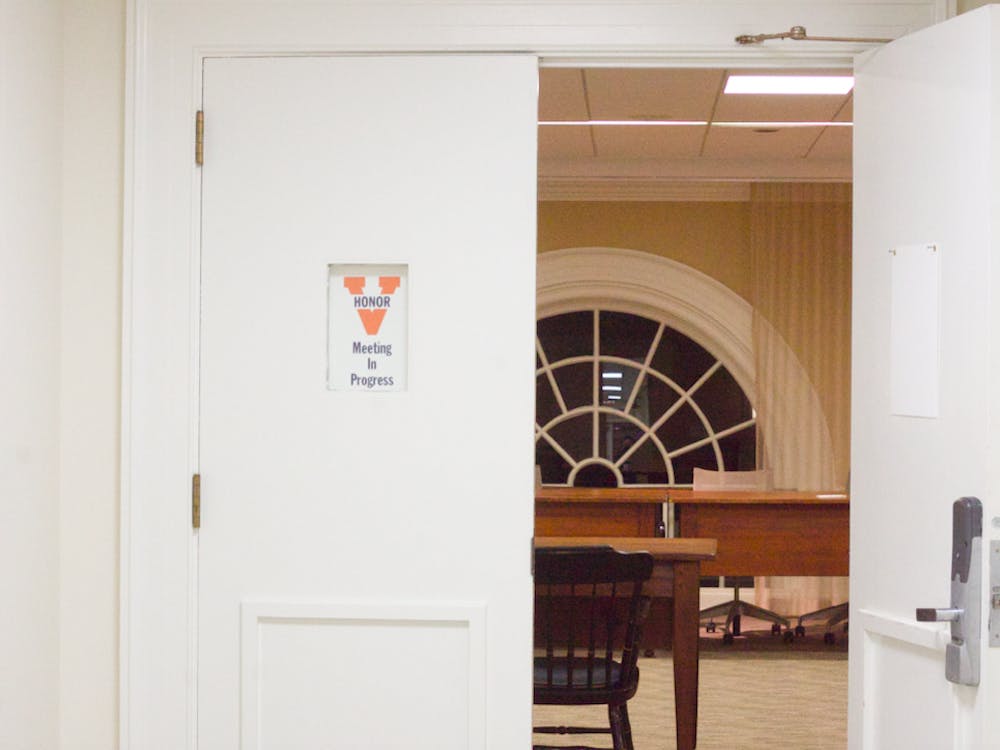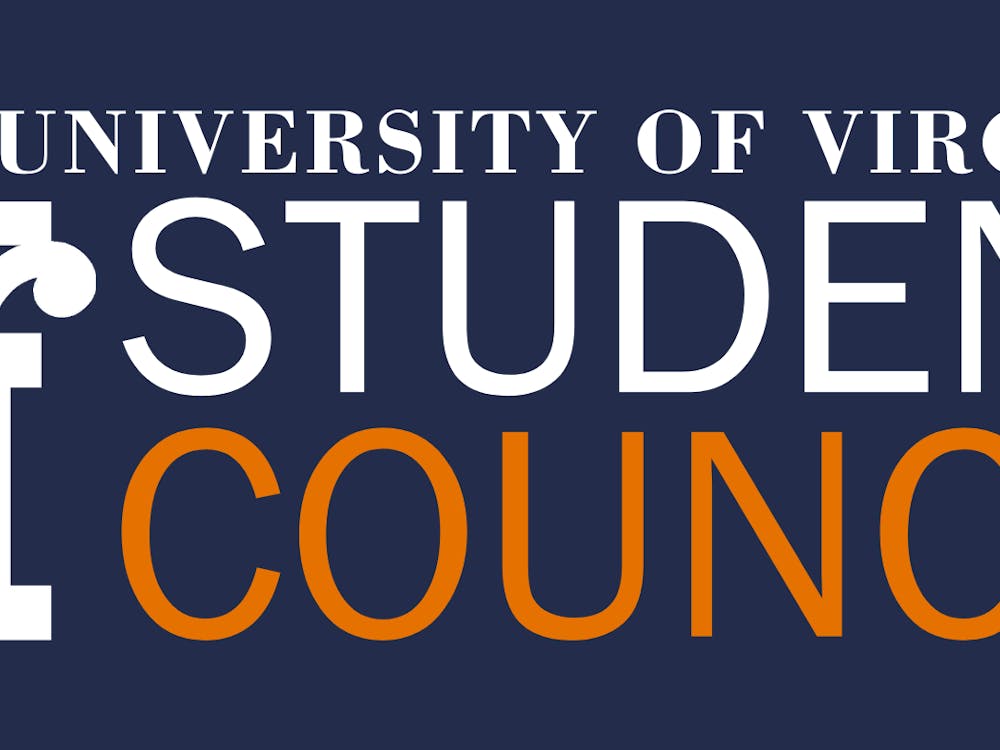A few months ago I stumbled upon an article titled “These are the books students at the top U.S. colleges are required to read.” The list included such classics as Plato’s “Republic,” Machiavelli’s “The Prince,” Alexis de Tocqueville’s “Democracy in America” and Martin Luther King Jr.’s “Letter From a Birmingham Jail.” As I read on I realized this article was misleadingly titled. Students at these prestigious universities — the list included schools such as Harvard, Princeton, Stanford and the University of Chicago — were not actually required to read these works. Rather, the list was merely an aggregate of these universities’ syllabi, detailing what students at these schools who took certain classes may have been required to read. To my surprise, I was a bit disappointed. I am after all someone who thinks the University should do away with the foreign language requirement entirely, and thus one would think I would harbor resentment towards all University mandates. But this article jogged my imagination, and got me thinking that it would in fact be a good idea for the University to assign a core list of required reading assignments for all students before they graduate.
I know the instinctive response to such a proposal. Required summer reading sounds like some ploy your high school would pull. My high school in fact tried to pull such a stunt, requiring us to read the novel “Divergent.” I found this ridiculous — everyone knows “Harry Potter” is the only young adult fantasy series worth reading — and I simply blew off the assignment. But my proposal is different, and I think it is worth considering. There are certain works near-universally recognized as classics, many which are considered foundational to Western Civilization. Plato’s “Republic” is one such example. There are other works that are so ubiquitous in our culture — Adam Smith’s “Wealth of Nations” or John Locke’s “Two Treatises of Government” perhaps — that Americans simply ought to read. Works like these that are so often cited everywhere from elementary social studies classes to contemporary political columns are essential to understanding the roots of America’s liberal capitalist society. One would think students graduating from a top school like the University would be well-versed in these topics.
Unfortunately this is not the case. We hear the name Adam Smith and instinctively regurgitate “invisible hand.” John Locke might generate thoughts about life, liberty and the pursuit of happiness (even though he advocated life, liberty and property); my basic point is the same. Our schools and institutions have allowed works regarded as classics that are foundational to our nation’s history to devolve into buzzwords. Reading and understanding has been replaced with memorization. As much as we may hear teachers reference Thomas Hobbes’ “Leviathan” or Karl Marx’s “Communist Manifesto,” we are unlikely to have actually read these works. As “classic” as these authors are, I cannot imagine they are nearly as widely read the latest “50 Shades of Grey” novel. Our University can and should change this trend.
Logistically this may prove difficult. One possible idea is for the University to simply put out a list of recommended books to read each summer, but I am doubtful that would substantially increase reading rates. (Indeed, if George R.R. Martin finally gets around to releasing “The Winds of Winter” this summer, I might not even read half the books I’m advocating the University to require.) More coercive tactics are liable to be impractical or unpopular. The University could add an additional course requirement, similar to an ENWR, for example. My point is less about the exact specifics of this proposal and more about the necessity of enacting one. Reading is on the decline nationwide, but we should not allow this societal trend to let college students off the hook. Graduates of the University should be recognized not just as students fortunate enough to stand out in high school and get accepted, but also as well-rounded and well-read individuals. If this entails a more paternalistic approach to ensure students actually follow through on reading, then so be it. I do not believe my proposal could be less fruitful or more unpopular than the already University-mandated alcohol safety modules.
Thomas Jefferson himself was a known bibliophile and great advocate of reading ancient history, philosophy and literature. As shamelessly cliché my appeal to Jefferson is here, I believe it’s warranted. This University is one of Jefferson’s greatest legacies, but paying homage to his memory by merely invoking his name is not enough. We should be following his example. We may not all be able to translate ancient texts into different languages for fun, but we could at least try to read them.
Matt Winesett is a Senior Associate Editor for The Cavalier Daily. He can be reached at m.winesett@cavalierdaily.com.





